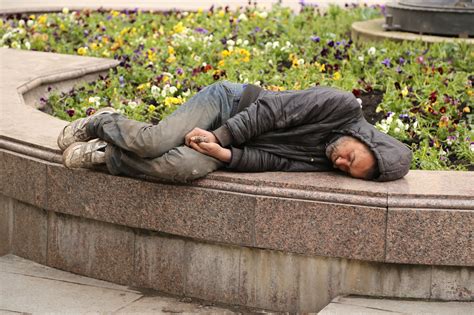In case you missed it, on July 6th, The Advocate published the following letter regarding the futility of creating a “Crisis Intervention Strategy Task Force” as proposed by the New Orleans City Council.
Letters: Better treatment, not diversions from hospitals, vital for mentally ill
By Janet Hays, Director – Healing Minds NOLA
“There is nothing more infuriating for a family member trying to help a loved-one in a psychiatric crisis than hearing the words “cost cutting”. Why do we not snap to the “cost cutting” narrative at the mention of cardiac crisis?
In fact, replacing police with social workers/clinicians with the goal of diverting from hospitals will increase costs. Denying care for people with psychiatric diseases is not a cost savings, as costs will be even higher for other chronic high-risk diseases such as diabetes, heart disease, infection, etc. and costs for the criminal justice system where patients are characteristically diverted in lieu of treatment. Yet, the city seems intent on doing just that.”
Citizens should be skeptical of the motives behind a task force that seems to have been proposed only AFTER a decision was already made to replace New Orleans’ well established police Crisis Intervention Team (CIT) response model with social workers and licensed clinicians for people in psychiatric distress. Most New Orleanians were left out of planning, and left in the dark about the plan, until handed a resolution at a June 3rd City Council meeting.
The decision was driven by activists who want to steer people in “crisis” away from jails AND hospitals. Treating serious mental illnesses in hospitals is not a punishment. However, being repeatedly involuntarily committed to hospitals due to artificial barriers that prevent doctors from helping patients IS traumatizing for many patients as well as their families.
That’s exactly why we need to remove barriers like the antiquated and discriminatory 1965 IMD Exclusion rule that prevents federal Medicaid from reimbursing psychiatric facilities with more than 16 beds, additional CMS rules that restrict Medicaid coverage to just 15 days/month, and laws that handcuff doctors from making good decisions for their patients. In a functional system of treatment and care, the first inpatient stay should be the most important – to stabilize, treat and connect people with serious mental illnesses to long term care and management of their illness..
As reported earlier by Healing Minds NOLA, involvement by police in crisis intervention results in incarceration approximately only 1% of the time. 99% of the time, about ⅓ of calls are resolved at the scene and approximately 75% of interventions result in transports to hospitals where patients are first triaged at the ER. At University Medical Center New Orleans, patients who meet criteria are transferred to the 26 bed crisis receiving unit where psychiatrists evaluate patients and, if deemed eligible by law, are transferred to one of four 15 bed acute psychiatric care units.
It seems perhaps, activists may be confused about the difference between criminal and civil law. The impulse to equate police with the criminal justice system is understandable but ill informed. Police are most often called to provide safety for people in psychiatric crises who have demonstrated dangerousness to self/others or grave disability, as required by law. [TITLE 28 – Mental Health] Calls for help are not calls for arrest.
Even still, the rationale that we need a non-police response doesn’t hold.
The Resources for Human Development Website (RHD) reports that the Metropolitan Crisis Response Team (MCRT) offers:
“Telephone and face-to-face triage, assessment, and intervention for persons experiencing mental health or substance abuse crises. 24/7 clinical staff used to prevent unnecessary mental health hospitalizations and instead link consumers to community based services that better address their needs.”
It’s no secret that anyone can access Metro Crisis Response Team 24/7 at (504) 826 2675 as the Metropolitan Human Services District website reports.
What is needed is not to replicate something that already exists, but rather, a task force composed of professionals who have lived the mind-numbing experience of managing psychiatric crisis situations within a hugely fractured system that largely handcuffs them to help. People living with untreated and under-treated NO-FAULT serious mental illnesses are forced into the criminal justice system by the ongoing atrophying of laws and facilities meant to protect them. Siphoning off more money meant for this population is cruel and inhumane and neither civil nor right.

